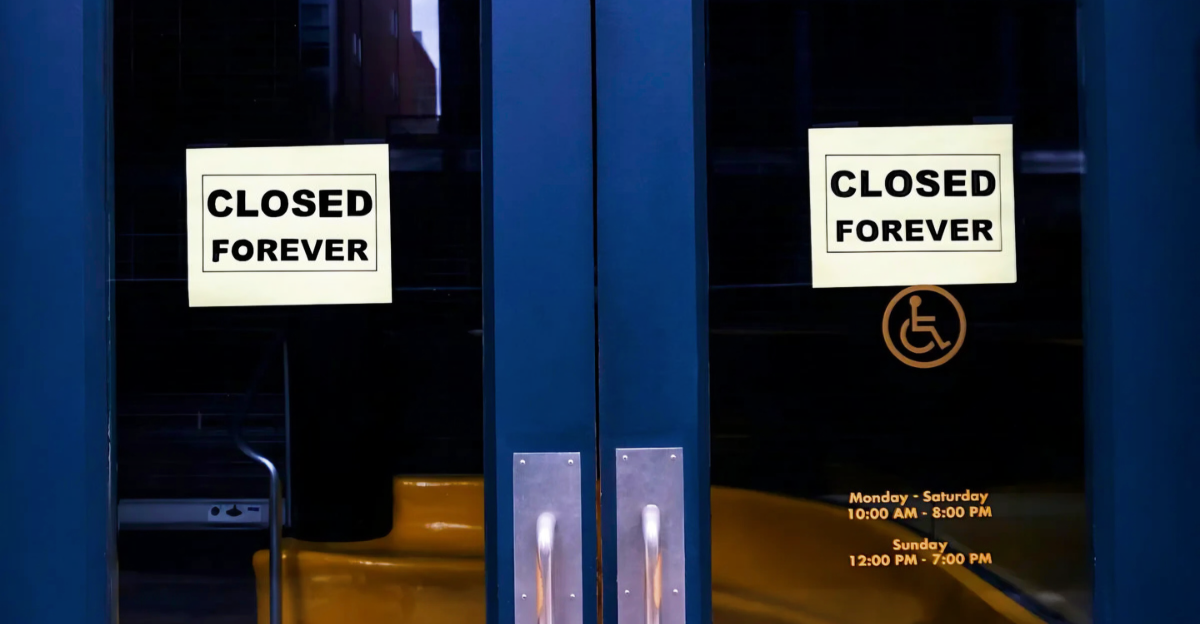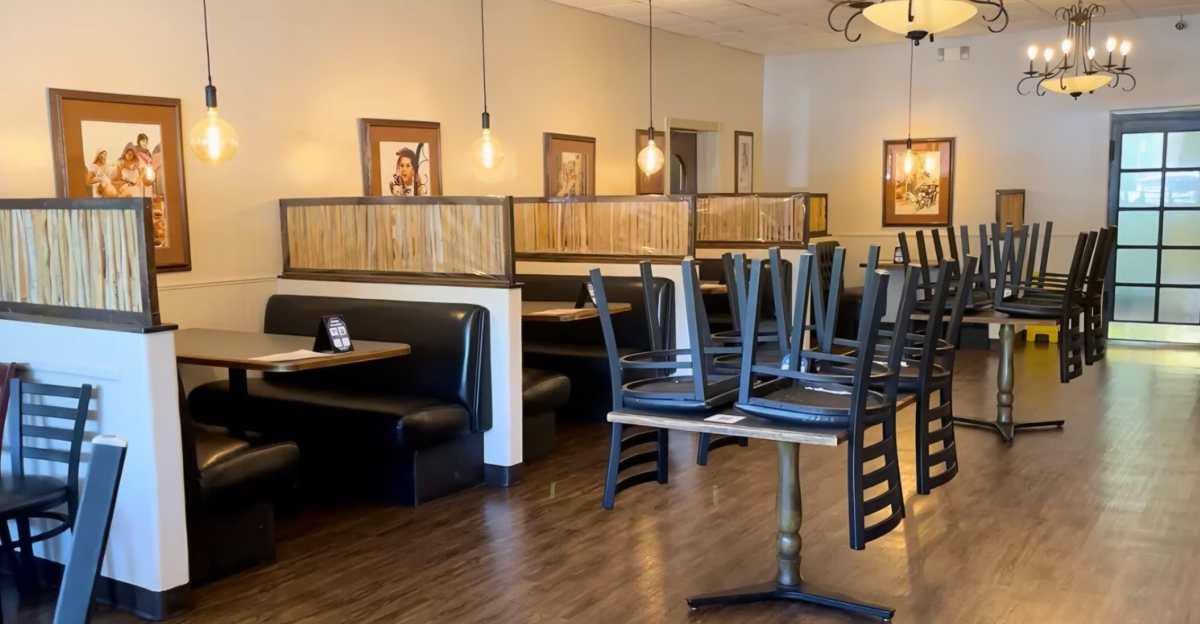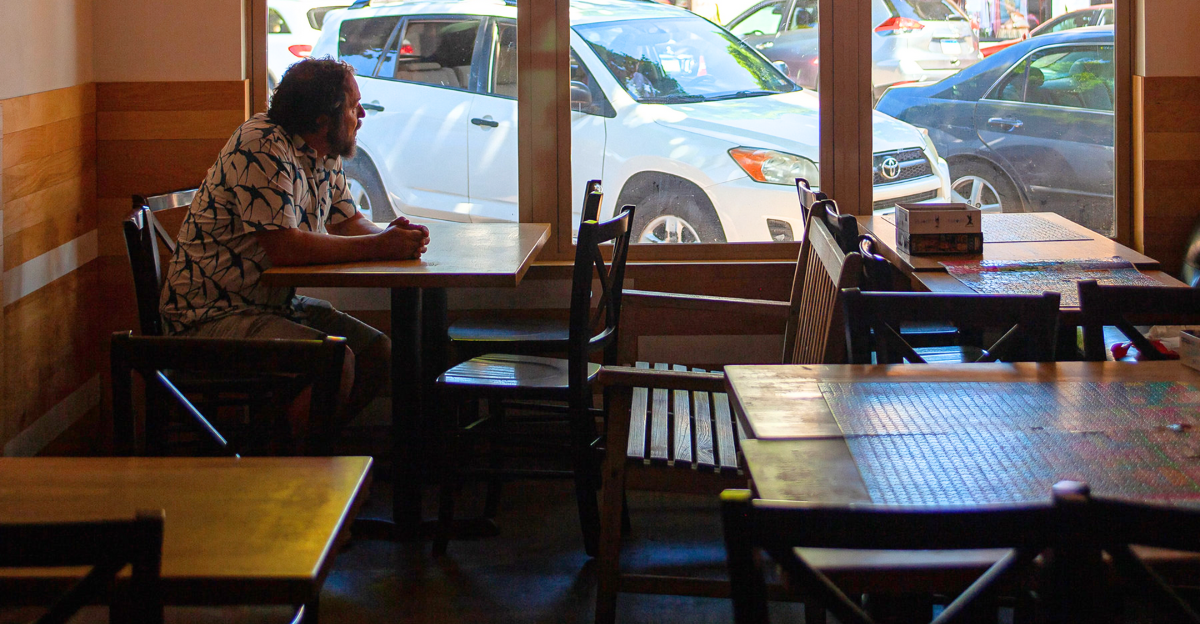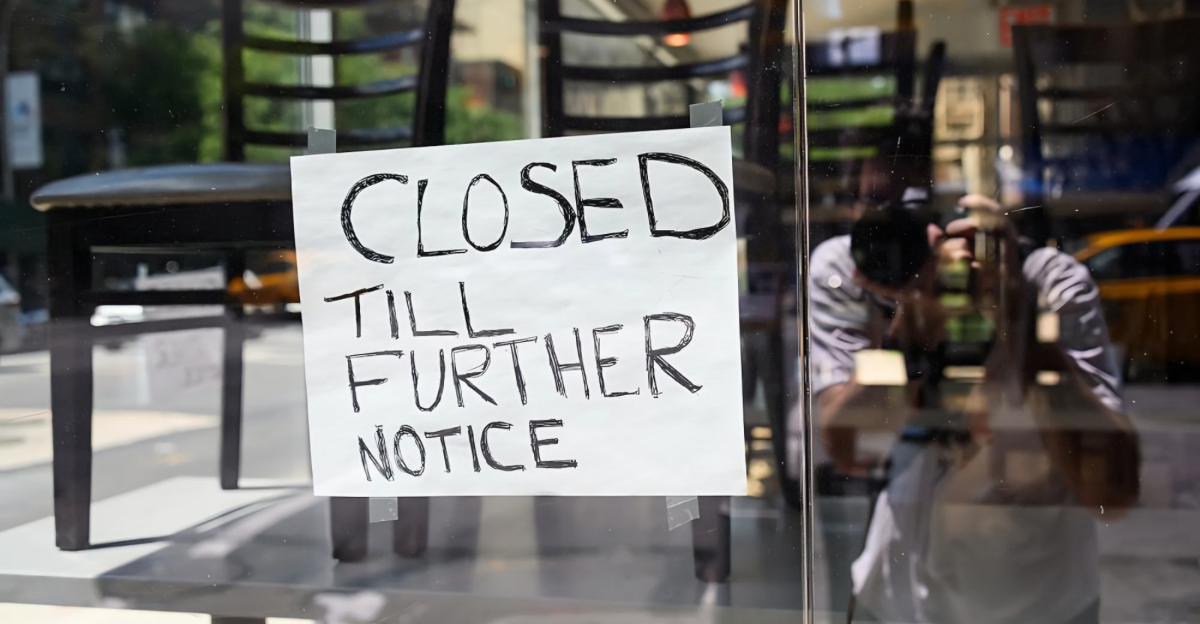
It’s tempting to treat a restaurant walkout like a one-off meltdown. But the truth is, this kind of protest has been happening for years. In 2021, a Washington D.C. team quit mid-service after raising concerns about racial treatment. In 2023, a high-end New York spot saw its entire staff resign during a Friday rush. These weren’t random tantrums—they were deliberate pushbacks against systemic problems.
Today, similar exits are becoming more common, not less. The trend is no longer just big-city drama. It’s growing, and it’s coming to smaller towns. Restaurant owners ignoring the signs might be in for a rude awakening.
The Industry’s Foundation Was Already Cracked

For years, restaurant workers were sold a story: low wages and long hours were the cost of “being part of the family.” In truth, the business model often relied on overwork, fear, and sacrifice. The pandemic made that dysfunction impossible to ignore. Millions of workers were laid off without warning, and when the industry came back, little had changed.
Instead of reassessing, many owners pushed ahead with the same tired playbook. That failure to evolve only fueled resentment. And now, some staff are deciding they’d rather walk out together than wait for the system to fix itself.
Respect Is No Longer Optional

When workers returned post-pandemic, many brought new expectations. Other industries had started offering flexibility and benefits. Restaurants didn’t. They stuck with outdated power dynamics, assuming loyalty would stay the same.
But things shifted. Teams began organizing around shared values, not just pay. When hiring got tougher, replacing unhappy staff wasn’t so simple anymore. And when one person stood up for themselves, others followed.
It’s no longer about surviving toxic environments for tips. Today, respect is the baseline. And when it’s not there, restaurants are learning the hard way that employees will take matters into their own hands.
The Quiet Collapse of a Local Staple

In Canfield, Ohio, a family-owned restaurant called Pour House thought it was doing everything right. It had regular customers, a trusted team, and a long-standing reputation. But when a respected manager asked to reduce his hours for family reasons, something unexpected happened: the entire staff left with him.
Katie Berndt, the owner’s daughter, posted that no one gave notice. With no team in place, the restaurant had to shut its doors immediately. This wasn’t about pay or mistreatment. It was about choosing people over policies. The impact was sudden—but the decision had been brewing for a long time.
When a Community Loses More Than a Restaurant

The Pour House was more than a business. It was a place for birthdays, celebrations, and late-night catchups. Its closure didn’t just disrupt meals—it shook the town’s sense of normal. Suddenly, people realized how much one walkout could ripple through a community.
Other restaurant owners in Canfield started asking hard questions. If a full-staff exit could happen here, what’s stopping it from happening next door? Loyalty, once assumed, was clearly conditional. And the workers’ message was loud enough to reach across the industry: without respect, even the most beloved places can fall apart overnight.
Personal Ties Now Matter More Than Paychecks

What made the Pour House walkout so different was its motive. There were no accusations of abuse or harsh conditions. The manager just wanted to prioritize his family—and the team backed him. It wasn’t a protest against owners. It was a show of unity among workers.
In doing so, they sent a clear message: people come before the job. It challenged the industry’s long-standing assumption that workers will put up with anything just to keep a paycheck. And it raised a deeper question: when staff are treated well, are they more loyal to each other than to the business?
A Lifetime of Work Undone in a Week

John Berndt spent more than 50 years in the restaurant industry. His work ethic built Pour House into a local favorite. But when the entire staff walked out without notice, the shock affected more than just operations—it damaged his health. Already managing heart issues, Berndt chose not to rebuild. He put the business up for sale. His story reflects the emotional cost of running a restaurant in a time when staffing is no longer predictable.
For many aging owners, starting over simply isn’t feasible. Walkouts like this don’t just end service—they end careers, family legacies, and decades of personal investment.
Restaurants Must Win Over Workers Too

These days, being a popular spot with good food isn’t enough. At the time of the walkout, over 80 percent of restaurants were looking to hire, but many couldn’t fill their openings. The problem wasn’t the jobs. It was how those jobs were structured.
Pour House’s closure became a red flag for other owners still clinging to outdated management styles. Workers now want more than a paycheck. They want stability, growth, and basic respect. If they don’t get it, they’ll walk—sometimes all at once. And when that happens, no restaurant is too established to fail.
Younger Workers Are Reshaping the Rules

There’s a generational shift underway. Young hospitality workers aren’t staying quiet about poor treatment. They’re recording it, sharing it, and organizing around it. What was once whispered in break rooms is now posted publicly, and that visibility is changing the game.
The team at Pour House didn’t leave in anger. They left with purpose. Their quiet walkout was a rejection of the way things have always been. Instead of settling, they demanded better—and others are taking notice. This isn’t just about staffing. It’s about a rising awareness that the system needs to work for workers, not just against them.
A New Standard Is Taking Hold

What happened in Canfield is part of a larger shift. Across the country, restaurant staff are stepping away from a culture that once demanded everything and gave little in return. They’re not asking for luxury. They’re asking for balance, fairness, and respect.
The Pour House story isn’t just about one closure—it’s a sign that workers are willing to walk out if their values aren’t met. That reality is forcing restaurants to reconsider how they lead, hire, and retain.
The places that listen will adapt. The ones that don’t might disappear. This isn’t a passing trend. It’s a wake-up call, one that’s rewriting the rules of hospitality from the kitchen floor up.
Discover more DIY hacks and style inspo- Follow us to keep the glow-up coming to your feed!

Love content like this? Tap Follow at the top of the page to stay in the loop with the latest beauty trends, DIY tips, and style inspo. Don’t forget to share your thoughts in the comments — we love hearing from you!